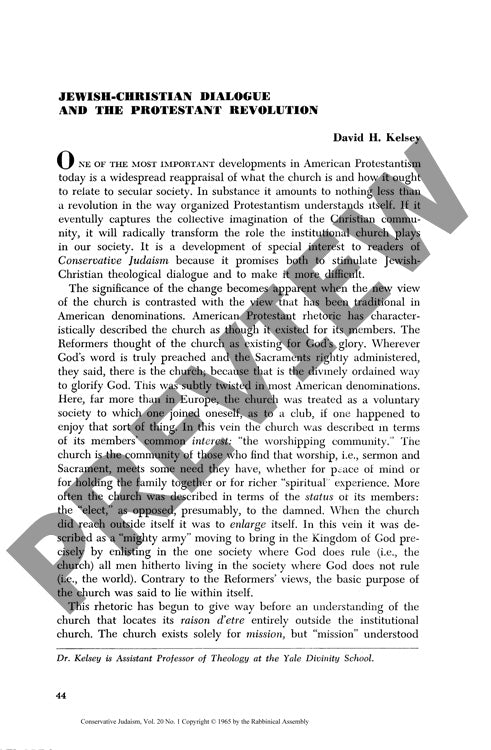Jewish Christian Dialogue and the Protes
Couldn't load pickup availability
A revolutionary shift in American Protestant theology is redefining the church's fundamental purpose, moving congregations from inward-focused institutions to outward-directed agents of social transformation. Contemporary Protestant denominations increasingly locate their raison d'être entirely outside traditional institutional structures, viewing mission not as membership recruitment but as active participation in God's redemptive work within secular society. Through theological analysis grounded in New Testament scholarship, particularly examining biblical concepts of "covenant people" and "pilgrim people," this transformation emerges as a direct challenge to conventional clergy-laity relationships and sacred-secular distinctions. Comparative analysis of traditional versus emerging theological frameworks reveals structural reorganization across Protestant denominations, fundamentally altering how churches engage with contemporary culture. This ecclesiological evolution significantly complicates Jewish-Christian dialogue by invalidating traditional comparative categories while paradoxically making such interfaith engagement more theologically essential for Christians seeking to understand their covenant identity. While not yet dominant, this emerging consensus represents a substantial departure from historical Protestant self-understanding and signals profound changes in religious-secular relationships within American society.

More Information
-
Physical Description
-
Publication Information
Published 1965
ISBN
-
Publication Credits
David Kelsey

